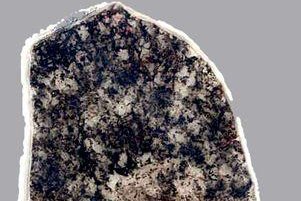LOS ANGELES, Feb. 3 (UPI) -- Scientists at the University of California, Los Angeles, say they've discovered a microorganism that hasn't evolved in more than two billion years -- the longest-ever absence of evolutionary behavior in a single species.
Researchers say the deep sea creature -- whose evolutionary stasis is detailed in the journal PNAS -- doesn't disprove evolution so much as bolster Darwin's case.















